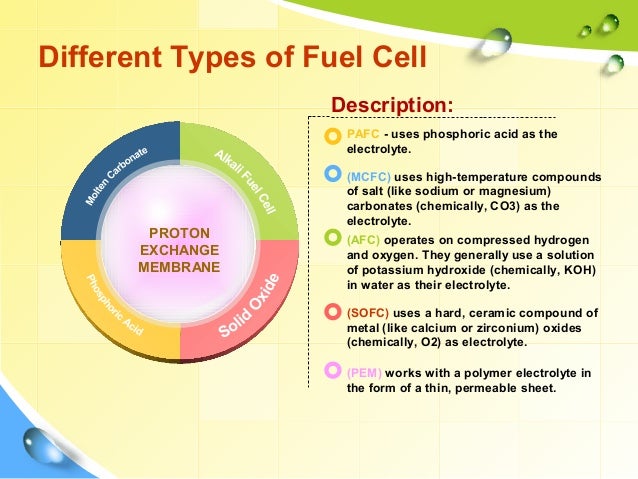

Well, you shouldn't use that option - there is no need.
Whats the difference between pterm and pem ssh download#
You might be tempted to use the same keypair for other things (like github), and if so then AWS has access to your account at github.ĪWS might leak the private key it generated for you, though they should delete it after you download it. AWS might say: if you don't trust AWS with that key, why do you trust them with the VM? In AWS EC2, the option to generate your own user SSH keypair is present ("choose an existing key pair" and then use a public key you have previously uploaded), but it also has the option to let AWS generate a new SSH keypair for you, let you download it as a PEM file, and then use it (puttygen can import it to convert to a putty-format private key, and openssh can decode it and let you see the private key values, if you want). In both cases (EC2 and github) you should generate the user keypair yourself on your own computer using ssh-keygen (or puttygen or equivalent) and upload the public key to the server that will authenticate you, either in the openssh authorized_keys format or in the PEM format (they carry the same data). Github doesn't create a new server for you, so it has published long term SSH host keys which you should verify when first connecting to github.

SSH host keysĮC2 will generate new host key for a new VM and you will need to use TOFU with the ssh host key. The latest version (>=0.74) of putty is also ok. TL DR: If you use a recent (8.x) version of openssh on the server and on the client, you don't need to worry about any of this - the defaults are fine. RSA-PKCS#1v1.5 (with 2048, 3072 or 4096 bits) instead of RSA-PSS if you don't support RSA-PSS Like SSL/TLS and IPSec, it has evolved since the 90s and the default (and even "must-implement") cipher suites from the 90s are no longer a good idea and should not be supported.Įveryone has converged on X25519-Ed25519-ChaCha20-Poly1305 as the best default cipher suite, with the following options/fallbacks:ĪES-GCM used instead of ChaPoly in case your device has hardware AES and CLMUL instructions and you care about the difference between 1.7GB/s and 4.8GB/s (per core)ĮCDHE over NIST P-256 instead of X25519 if you don't support X25519 SSH works exactly the same way when logging in to an EC2 instance in AWS and when logging in to a git repo on github. Probably both work the same, when my computer creates a request, they send data encrypted with the public key (maybe their own public key at first), and if this is the right computer, then it has the private key to open it.īut apart from this basic idea, why this 2 approaches seem to be so different even though the protocol is the same?Īlso, if I'm not mistaken, AWS does not ask for a passphrase. Load the private key somewhere eval "$(ssh-agent -s)" & ssh-add ~/.ssh/id_ed25519.Generate: ssh-keygen -t ed25519 -C seems to be a new asymmetric algorithm/cipher, and before you use RSA.I guess AWS runs a key-pair generation algorithm too, but this is all UI guided.Įven though both use SSH, for GitHub it's quite different, and I can see both private and public key locally. They keys are generated on AWS and you just download the. This is not much of a technical but more of a practical question.īoth in AWS-EC2 instance and GitHub repos I had to generate a cryptographic key pair to encrypt data sent over SSH tunnel.įor AWS the public key is on the remote computer, and the private.


 0 kommentar(er)
0 kommentar(er)
